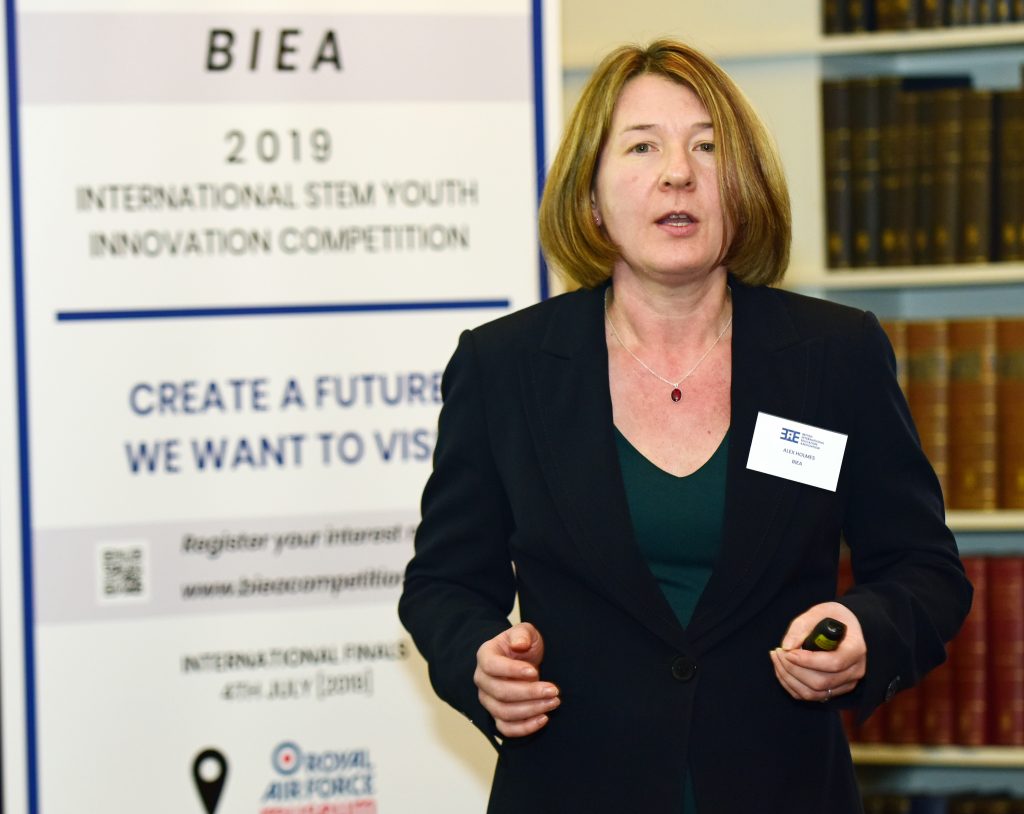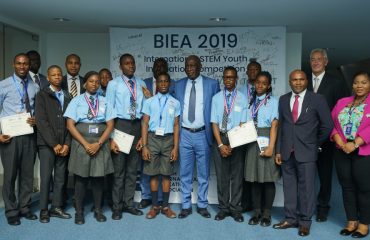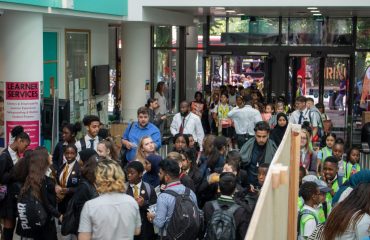
At the first STEM Conference of the British International Education Association (BIEA), Dr. Alex Holmes, the designer of the BIEA International STEM Youth Innovation Competition and Head of STEM, gave a presentation entitled: “The Future is Theirs”. She raised some very thought-provoking questions on how we might stimulate and cultivate STEM enthusiasm among young people.
Alex pointed out that one of the potentially serious problems for the future of STEM professions is the aging of current STEM professionals; this along with declining numbers of young entrants means that potential numbers are not enough to meet needs of future markets; therefore, society needs to cultivate students’ passion in STEM subjects. A further issue however is that for many students, the focus on theory and academic achievement in STEM subjects, and a perceived view that STEM subjects are ‘difficult’ or ‘elite’ subjects is also leading to a further decrease in numbers of students taking the subjects.
Taking these issues into account, it makes sense that educational institutions and organizations work together towards breaking down stereotypes of STEM subjects and stimulate an enthusiasm and passion, which might lead to an increase in uptake. Giving students the opportunity to think critically, consider novel solutions to problems, and accept new challenges are good ways to inspire young people’s STEM enthusiasm. Alex has pointed out that these form the fundamental rationale of the BIEA 2019 International STEM Youth Innovation Competition.
The 2019 BIEA STEM Competition invites young people (between 9 to 17 years old) from all over the world to form teams and work together to conceptualize how drone technology could be used to save endangered animals. The competition combines the application of STEM skills to help deepen innovative thinking in young people, whilst cultivating their ethical and environment outlook toward our planet. The entire competition process not only encourages young people to think about STEM and related careers, but also develops their transferable skills: problem-solving, communication and team-working. These capabilities are considered essential skills for positively engaging with the industrial, academic and employment market as the young people progress from school.



